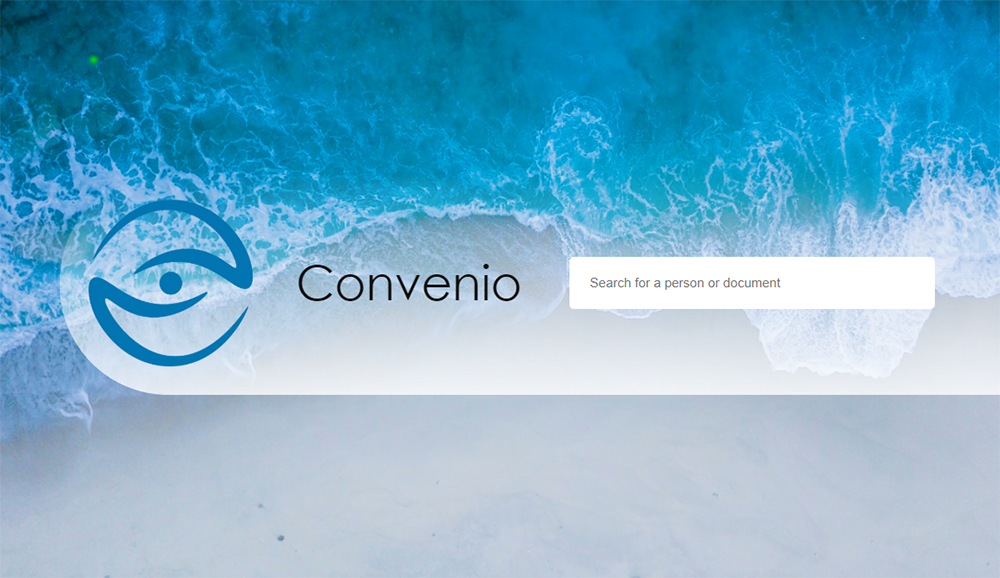
In part inspired by the success of the NASA’s LINC project, in summer 2018 my spouse and collaborator Anamaria and I identified a need for a similar framework that would allow for networking between an increasingly interdisciplinary pool of scholars, as well as private-public partners. This proved particularly true for over 100 faculty that were hired over the past several years into one of Virginia Tech’s Destination Areas (DAs), including the Coastal@VT that is co-led by Anamaria, and the Creativity+Innovation (C+I) DA where I currently serve as a member of the Steering Committee.
Convenio is envisioned to address this pressing need. It is a searchable database and a human-readable front-end that provides intelligent searching of scholar and private-public partner expertise and needs. It draws inspiration from projects like Vivo, LinkedIn, and match-making services to provide a networking platform for a community of scholars and private-public partners centered around a particular interdisciplinary challenge. Convenio aims to lower the engagement threshold by automating importing of scholar’s expertise. It relies solely on the established scholarly track record and limits user-tailored entries to highlight proven expertise and abate potential noise. It is also designed to minimize redundant implementations and therefore leverages, wherever possible, existing infrastructure, like the aforesaid Vivo framework.
Coastal@VT DA was selected as the pilot community with its uniquely diverse networking needs, including internal, external, and private-public partners. C+I was identified as another community of interest due to the unique scholarly output that remains difficult, if not impossible to capture using the existing methodologies and metrics. In this respect, this project offers synergistic opportunities with the C+I Metrics initiative, and the two may benefit from future integration. Initial funding covering two part-time undergraduate student researchers was secured through the Coastal@VT with additional resources provided by the C+I DA.
To minimize redundancy, Anamaria and I spent most of the Fall 2018 to explore potential synergies found on Virginia Tech campus. Through this process we identified a number of collaborators, including Virginia Tech Provost’s Office and University Libraries that are currently working on implementing a Vivo-based front-end to the central Elements database. A number of other DA representatives approached the research team with similar needs and/or opportunities to connect. We further identified ways for the Convenio to interface with VT Engage, University Relations, and the Advancement Office. As a result, the research team developed a roadmap that would allow Convenio to provide additional, individually-tailored functionality to the aforesaid units.
As of January 2019, the research team is in the final stages of implementing and testing the minimally viable product (MVP), with a Virginia Tech Coastal@VT community soft-launch scheduled for February 2019. Following the soft-launch, the plan is to include C+I, then all the other DAs, and eventually the entire Virginia Tech campus. In parallel, we will work on implementing the framework for interfacing with the external private-public partners that is scheduled to launch in the latter half of 2019. In the near future, the research team plans on publishing findings. We are also considering making the framework publicly available.
Research Team:
Anamaria Bukvic (PI, VT)
Ivica Ico Bukvic (Co-PI)
Students:
Alec Helyar (CS)
Daniel Medas (CS)